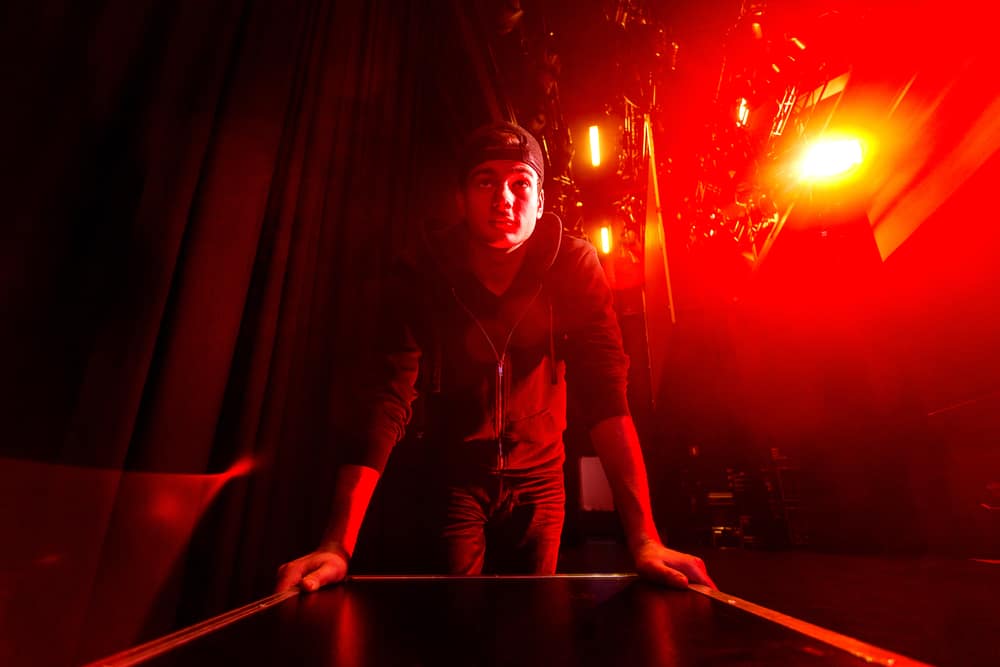
Stagehands help build sets and scenery for theatre, television, and film productions. They carry out several activities and are an essential part of any performance. Other names for them include stage technicians and stage crew.
Responsibilities
Throughout your apprenticeship, you may help:
- load and unload equipment
- help carpenters build and put up scenery
- attend rehearsals
- move scenery, furniture and heavy equipment
- open and close theatre screens and curtains between acts
- operate manual and automated scenery-moving machinery
- help clear all staging and equipment at the end of a performance.
Salary
- Starting salaries for an apprentice is £15,000 per year.
- Experienced stagehands can earn up to £28,000 per year.
Working hours
You will typically work 39 to 41 hours per week, working away from home on a freelance and self employed basis.
Working environment
You could work in a theatre, at a TV studio or at a film studio.
Your working environment may be physically demanding, cramped, hot, noisy and at height.
Qualifications
Qualifications you can achieve as an apprentice stagehand include:
- Level 3 Creative Venue Technician – Entry requirements for this level include 5 GCSEs at grades 9 to 4 (A* to C), or equivalent, including English and maths, for an advanced apprenticeship. This qualification takes 24 months to complete.
Skills
On a stagehand apprenticeship, you’ll learn:
- knowledge of building and construction
- the ability to use, repair and maintain machines and tools
- the ability to work well with others
- the ability to use your initiative
- physical skills like movement, coordination and dexterity
- to be thorough and pay attention to detail
- the ability to work well with your hands
- knowledge of public safety and security
- to be able to carry out basic tasks on a computer or hand-held device.
Career path and progression
If you have experience, you might lead a team of stagehands and scene builders. You might further your study to become a production carpenter, sound or lighting engineer. To become a stage manager, you might pursue a creative industries production management degree apprenticeship.
You might also work as a freelancer for theatres, television or film studios, travelling theatre groups, and large-scale concert tours.
